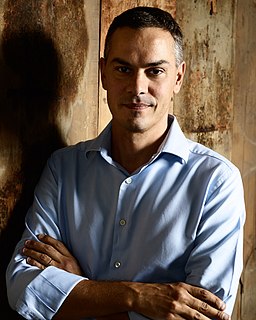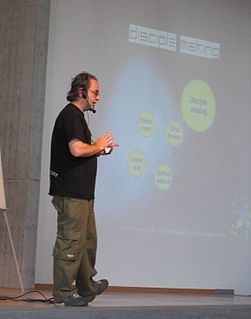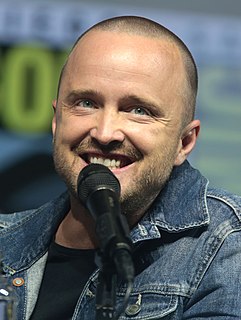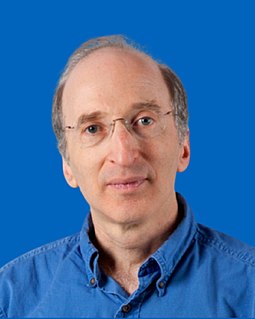A Quote by Tanya Saracho
A lot of the time, because we don't have many Latinx scenarios on the landscape, not just in television or film and other media, we haven't gotten the chance to tell our story from our point of view.
Related Quotes
We somehow believe that our point of view is superior, higher than those of the greatest minds either because our point of view is that of our time, and our time, being later than the time of the greatest minds, can be presumed to be superior to their times; or else because we believe that each the greatest minds was right from his point of view, but not, as he claims, simply right.
Every story has a point of view and whether it's by what one chooses to include or exclude from a story or whether it's a very specific agenda that is pushed, there is no such thing as objective media. Once you realize that it's more than just a marketplace of ideas, it's a battleground of ideas that are suppressed and the ideas that are pushed forward in the mainstream media are the ones that independent media has a chance to address. I think that the democratization of media in that way can be very helpful in allowing the truth to come out in a way that it might not on CNN or FOX.
You witness the artists acting as witnesses, but they provide a point of view that's less monolithic. It's less official in a certain way. Many artists are speaking in the first person singular, as a reaction to dubbed-over media commentary. The thought is: "Enough with how we're represented by the media. Let me tell the story."
We're all looking from the point of view of our own reality tunnels. And when we begin to realize that we're all looking from the point of view of our own reality tunnels, we find that it is much easier to understand where other people are coming from. All the ones who don't have the same reality tunnel as us do not seem ignorant, or deliberately perverse, or lying, or hypnotized by some mad ideology, they just have a different reality tunnel. And every reality tunnel might tell us something interesting about our world, if we're willing to listen.
We try to guide with a light touch. Sometimes we can be helpful, and my goal with my team, both on the series side and on the film side, is that the collaboration should always be invited. In other words, we're not looking to impose our view on the filmmaker; we hire a storyteller because we love the story, and we love their ability to tell it.
Today the thing I find myself thinking about the most is our landscape...I think it's something a lot of us take for granted; for many of us Australia is just there but how many of us have really seen it, have seen Kakadu or Kings Canyon? I know I hope to at some stage, to see Uluru at sunset and the ancient art in the Abrakurrie caves. I think it's our landscape which defines our identity and it's what I'm most grateful for.




































